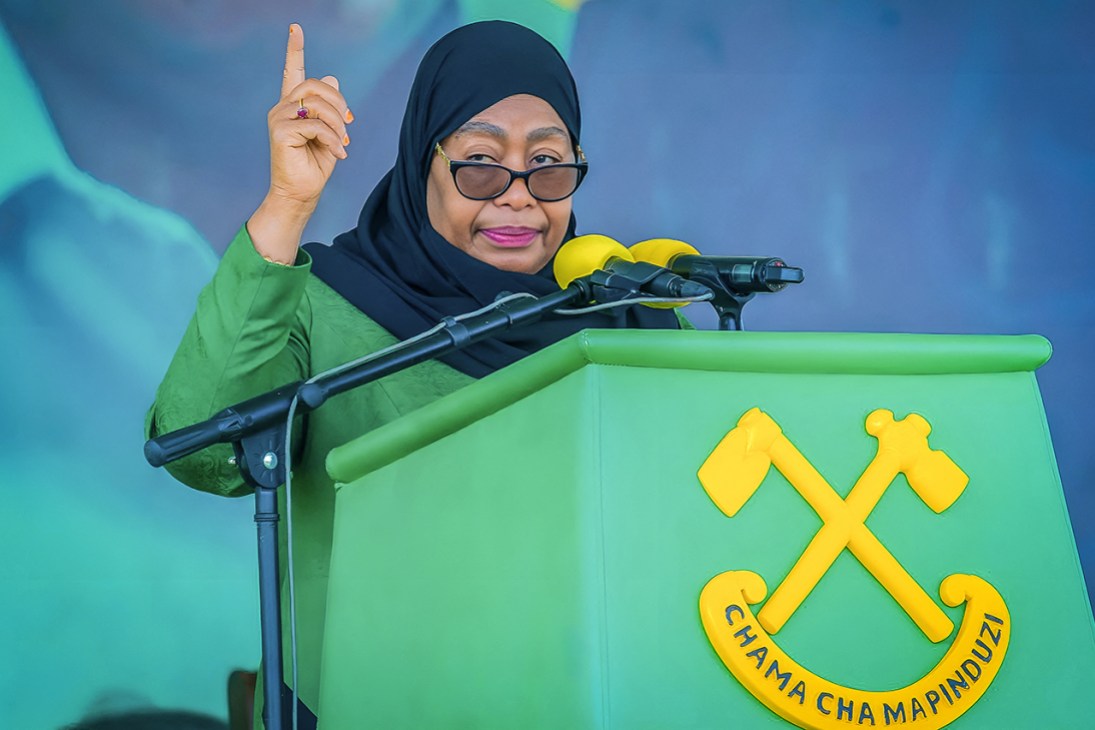Going abroad? Do your geopolitical research before packing your passport
You’ve done all your last-minute travel prep, ticked off your packing list and remembered to water the houseplants. But have you done a deep dive into the soundness of political institutions and the robustness of civil society in the country to which you’re headed?
Barring a substantial outbreak of violence or the credible risk of terrorist activity, most of us don’t tend to dwell much on geopolitics as we jet off on holiday to places whose regimes might be less salubrious than our own. Perhaps it’s because a cursory check of your government’s advisory scale can change your behaviour – but, honestly, if people followed rules to the letter they might never leave home (in only two of Mexico’s 31 states, for example, are you currently free to “exercise normal precautions”, according to the US Department of State).
Heading on assignment to Tanzania recently, bound for a luxury tented camp in the country’s northwest, I hurriedly tried to get up to speed. One line that kept appearing across various sources was, “Tanzania is one of the most stable and peaceful countries in East Africa.”

So it was until one afternoon, when the internet connection went down. Initially, I didn’t think much of it. After it had been down for much of the day, I casually enquired about it and was told that the government had shut it off across the country. The reason, it turned out, was that Tanzania was holding elections. In what is effectively a one-party state, opposition had unexpectedly flared. Flicking the switch was a gesture of control. As startling as this was to me, it is rather common in much of the world. In May, Libya enforced a shutdown in the face of election protests. Some crackdowns have been more parochial: in Syria earlier this year, a countrywide internet outage was ordered to break up organised “cheating networks” in state education exams.
Being cut off from the outside world and put into an enforced digital detox, we struggled to make sense of events. The Tanzanians present at the dinner table were pressed into impromptu political analyses. One theory making the rounds was that the opposition was being stealthily promoted from within the ranks of the Chama Cha Mapinduzi, the party of the Tanzanian president, Samia Suluhu Hassan, because of her status as a Muslim woman from Zanzibar who was appointed by succession rather than democratically elected.
I felt a bit like the protagonist of Eric Ambler’s classic thriller State of Siege, in which a hapless foreigner is caught up in a Southeast Asian coup. But more pressingly, international flights in and out of the country were being cancelled. Fortunately, I was able to hitch a ride on a hastily arranged charter flight to Nairobi, though a new hurdle loomed: I didn’t have a yellow-fever certificate (required for Kenya). Thankfully, the fact that I transited through the international zone of the airport and didn’t have to retrieve luggage meant that I never actually entered Kenya.
So here are two pieces of advice: always do your geopolitical homework; and always travel with a carry-on.
Tom Vanderbilt is a regular Monocle contributor. For more opinion, analysis and insight, subscribe to Monocle today.



